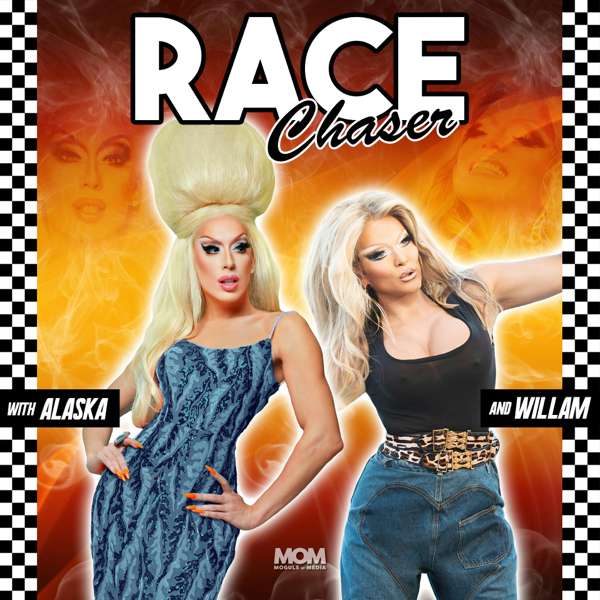Topic: Sabriel by Garth Nix
Geek: Emily
Yeah, you knew there was going to be an episode by this title eventually.
Also, let me preface this by saying that half of our Sabriel discussion, originally a two-episode set, has vanished. We’re blaming it on Daleks and/or internet goblins even though it’s 100% my being an idiot. What follows is a combination of the usual introductory post and the main point you’re missing from that disappearing tape.
Sabriel is a Young Adult fantasy novel, and I first read it when I was (surprise surprise) a fantasy-obsessed young adult. I went through this phase from about ages 12-16 where I would go to the YA section of the bookstore and literally choose books by the font on the spine. The more gothic or ancient-looking the font – in other words, the more it said “there are probably dragons in here” – the more likely I was to read it. It was a pretty hit or miss decision-making process.
A big factor in the “miss” side of that was the fact that, although it’s getting better, a lot of the best of those books just don’t have many women. This is super depressing when you’re a 13-year-old girl obsessed with knights and armor and stuff. This book is a serious exception.
Now, before you climb all over me about the incredible female protagonists out there in YA, let me explain: Sabriel is not the only awesome (read: well-developed, human, and also pretty badass) heroine in the genre. I’m all about Tamora Pierce and Robin McKinley and anyone else who’s ever given a girl a sword.
Kel is a badass, as was Alanna the Lioness before her. But they both had to fight a patriarchal fantasy system.
But despite all their magic and dragons and whatnot, those authors’ fantasy worlds tend to look a hell of a lot like our own in terms of gender norms and societal power structures. Pierce, for instance, writes incredible heroines, but they’re still women in a man’s world. They’re always having to prove that they’re as strong and as tough as the boys, that being strong doesn’t make them any less women, and that having empathy and emotion doesn’t make them any less strong.
Not so in Sabriel’s world.
Well, ok, the country south of the wall, Ancelstierre, is basically Europe right before World War I and it’s kind of the worst, gender roles included. But the Old Kingdom? Merchants and mercenaries and royal guards and anyone else you can think of are both male and female, totally unremarkably. All those nameless background characters get their gendered pronouns thrown around willy-nilly, and no one cares because it’s just not an issue. There’s powerful magic tied up in blood, literally inherent in families’ blood, so there’s no nonsense about needing a son to inherit a throne or a title; it’s all about an heir who has the family blood. Sabriel has all kinds of obstacles to face as she grows into her role as Abhorsen, but her gender just. isn’t. one of them.
And this raises an important point fantasy authors seem all too often to forget: You’re making all of this up. If the gender politics are shitty, it’s because you made them that way.
I’m going to keep reading and watching Game of Thrones, and I’m going to reread Narnia and Tamora Pierce and all the other fantasy I love to pieces, and I obviously think you should too. But like, maybe let’s keep that last point in mind, you know? There’s no such thing as a fantasy world that just is the way it is. Somebody wrote it all, and there’s no reason more of them couldn’t write more worlds where the oppressions we deal with in real life simply don’t exist. The more we accept that all possible worlds simply are this way, the more we accept that our own world can’t change.
Aaaaand /rant.
Sorry folks. Your TL;DR here is that Sabriel rocks, more fantasy should work this way, and you should definitely read it and then listen to this episode. Enjoy!
Hosted on Acast. See acast.com/privacy for more information.

 Our TOPPODCAST Picks
Our TOPPODCAST Picks  Stay Connected
Stay Connected







